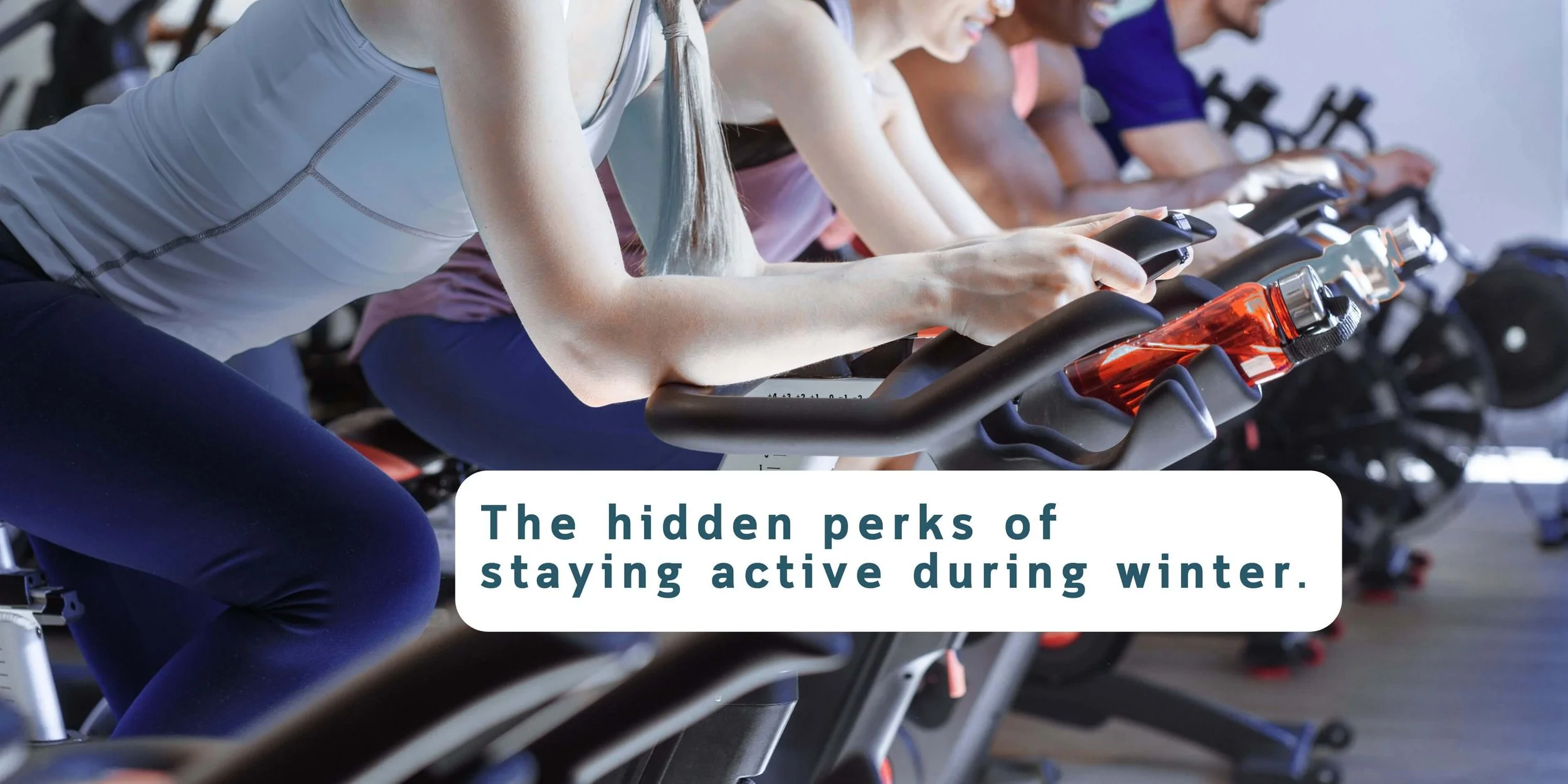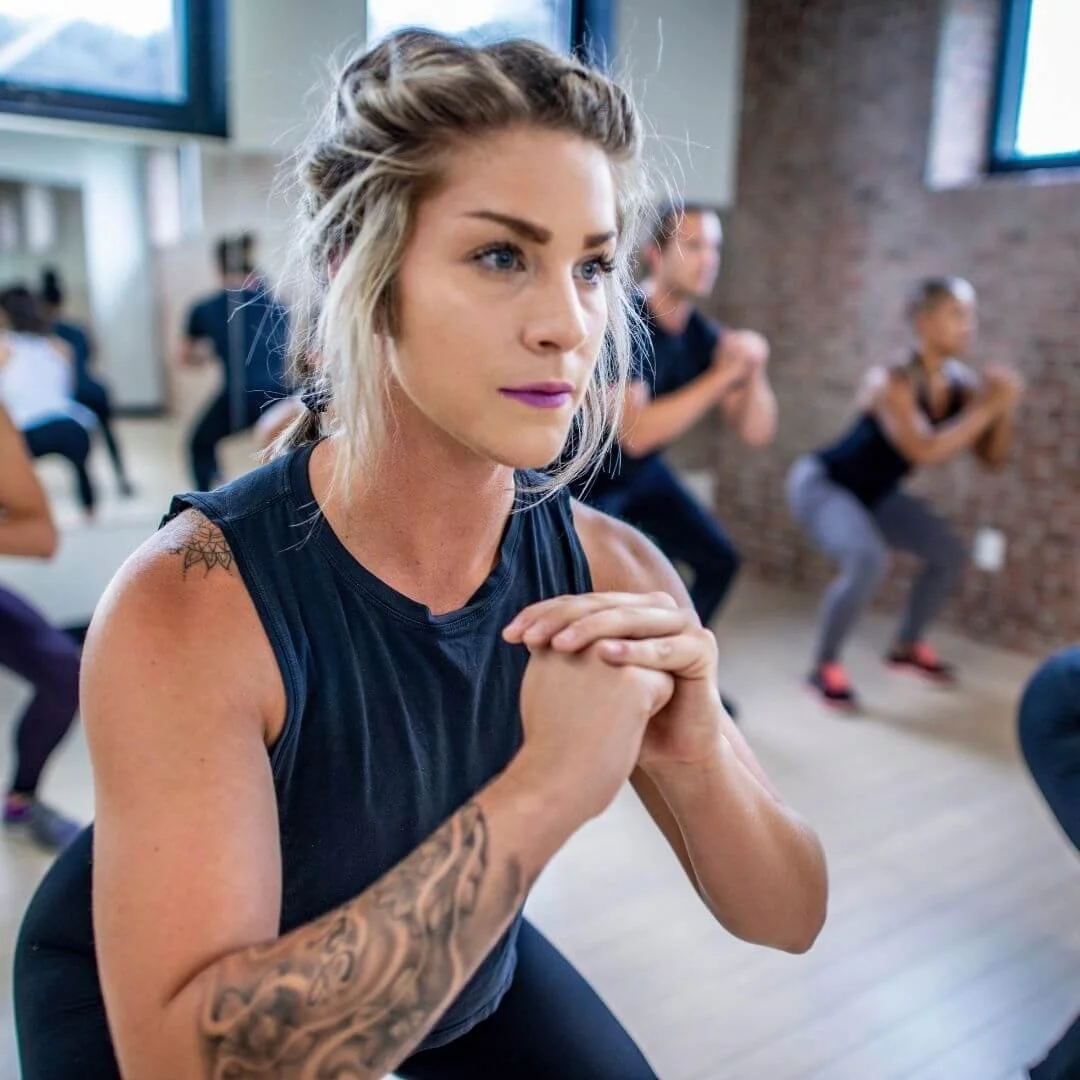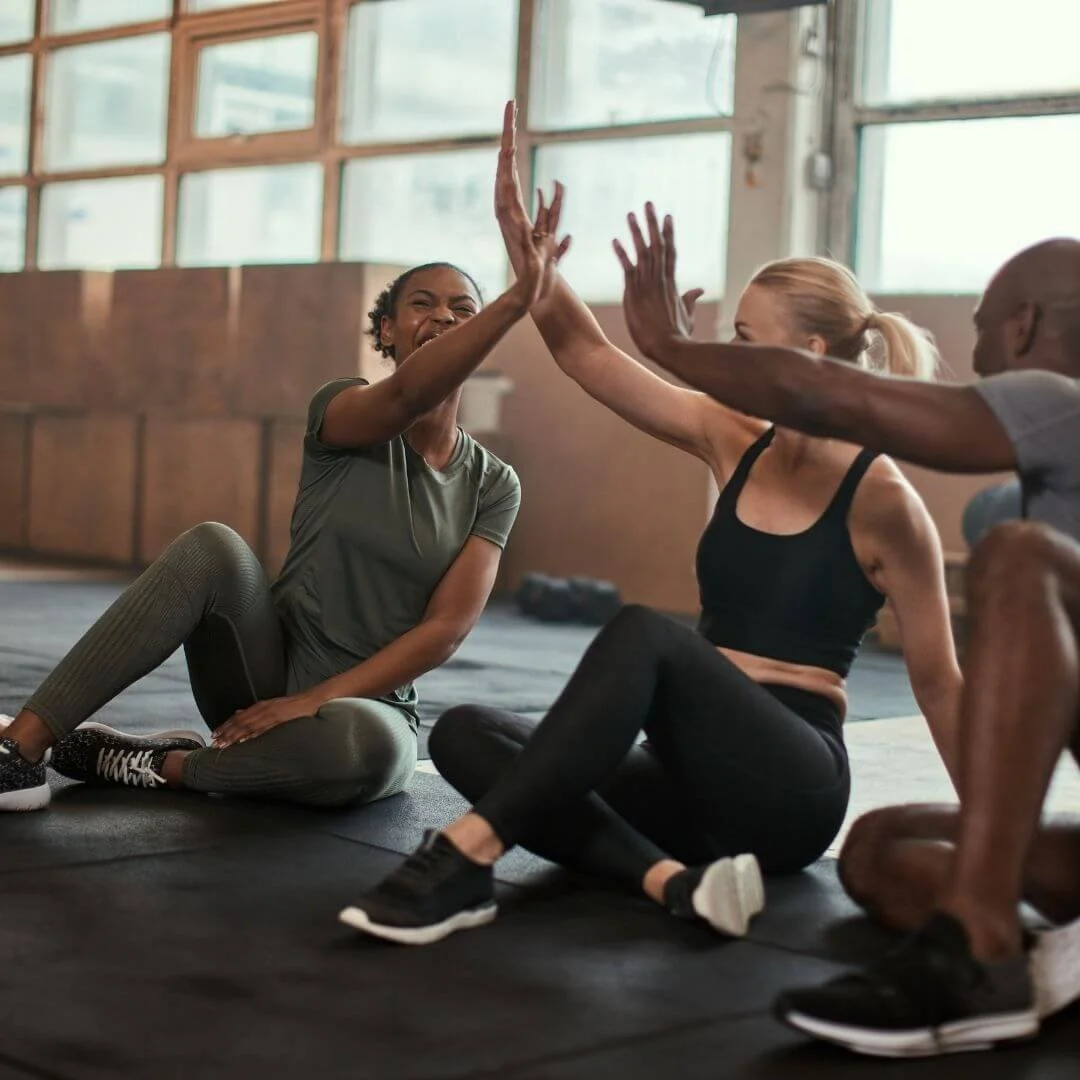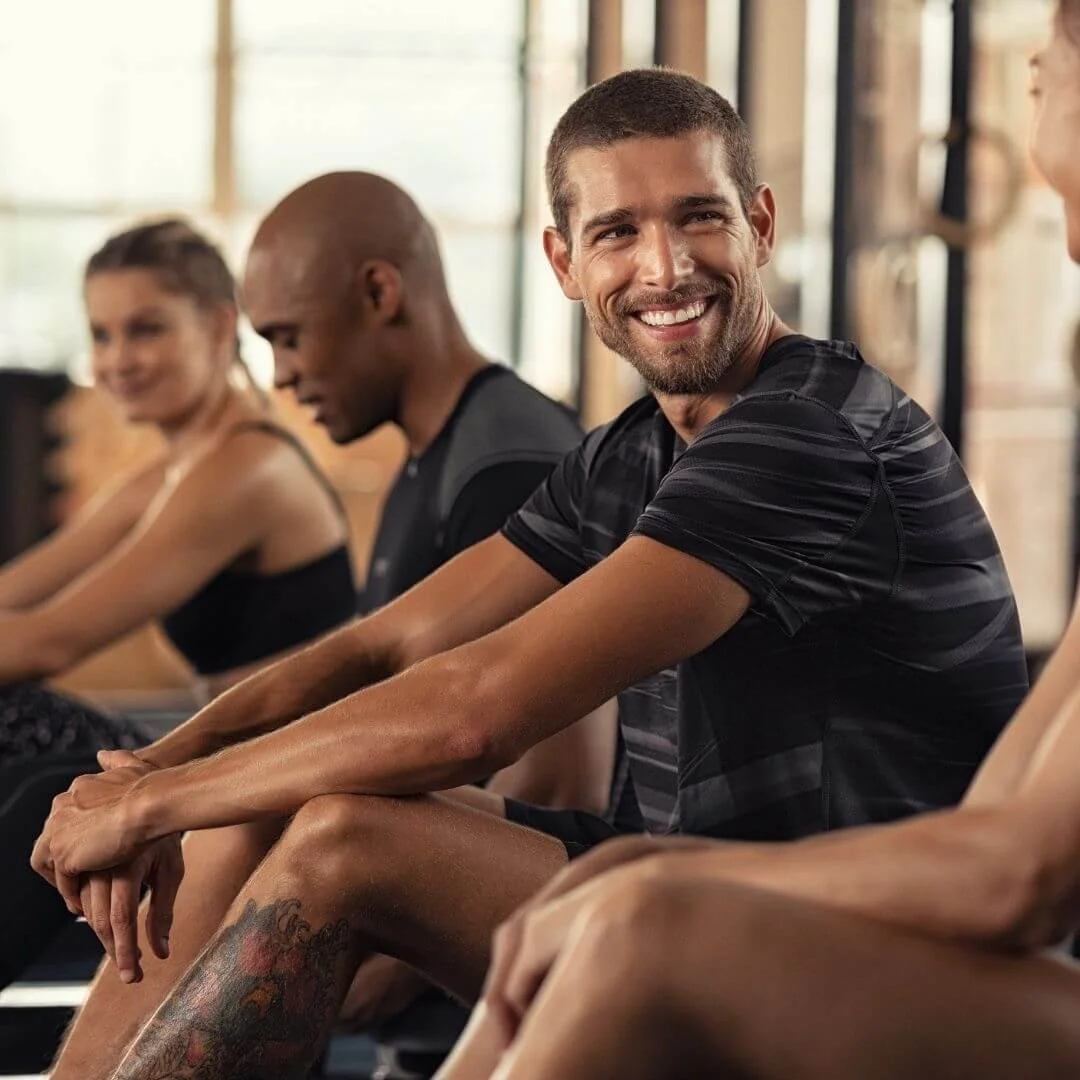The hidden perks of staying active during winter.
When the temperature drops and the days grow shorter, it’s tempting to swap your trainers for slippers and hibernate until spring.
Sticking with your exercise routine during winter isn’t just about staying fit—it’s about boosting your immune system, improving your mood, and connecting with others. Recent research shows that moving your body in the colder months can have powerful physical, mental, and social benefits. Here’s why you should embrace winter workouts and how they can help you thrive all season long.
Physical benefits
01 - Boosted immune system: -
The latest findings from ‘The effect of exercise on immune function: A narrative review’ (2024): looked at how exercise affects the immune system. The main findings are:
Moderate exercise is good for your immune system.
People who do regular, moderate physical activity have stronger immune defences and are less likely to get sick with things like colds and flu.Too much intense exercise can make you more likely to get ill.
Doing very hard or long workouts without enough rest can temporarily weaken your immune system, making you more likely to catch infections.Exercise helps in other ways, too.
Regular activity can reduce inflammation in the body and help immune cells work better, which means your body is better at fighting off germs.
Balance is key.
The best approach is to stay active with moderate exercise most days, but also give your body time to rest and recover.
02 - Weight management: -
Research indicates that physical activity is critical in managing weight and preventing obesity, even during winter periods (Progress in Cardiovascular Diseases).
03 - Improved cardiovascular health: -
Cold exposure has been shown to stimulate the cardiovascular system. A study found that cold-weather exercise increases heart rate and energy expenditure, which can enhance cardiovascular fitness.
04 - Improved endurance: -
A report from highlights that exercising in cooler temperatures can improve endurance because the body can regulate heat more effectively.
05 - Better sleep: -
Exercise has been well-documented to improve sleep quality. A systematic review notes that regular physical activity can lead to better sleep patterns and reduced sleep disturbances.
Mental benefits
06 - Improved mood and mental health (including Seasonal Affective Disorder): -
Exercise is well known to boost mood by releasing endorphins, your body’s natural “feel-good” chemicals.
Research from the American Psychological Association shows that regular physical activity can reduce symptoms of depression and anxiety, which often worsen during the winter months.
The colder, darker season can also trigger or intensify Seasonal Affective Disorder (SAD). Fortunately, exercise helps relieve symptoms of depression and anxiety—including SAD—by increasing serotonin and dopamine levels in the brain.
In fact, a meta-analysis in Depression and Anxiety found that exercise is a particularly effective way to improve mood and reduce depressive symptoms during the low-light winter months.
References: -
American Psychological Association: The exercise effect
American Psychological Association: Working out boosts brain health
Pearce, M. et al. (2022). Association Between Physical Activity and Risk of Depression: A Systematic Review and Meta-analysis in Depression and Anxiety (PubMed link)
APA: Exercise and fitness
07 - Reduced the negative effect of stress: -
Exercise can help your body handle stress by mimicking the stress response and teaching your body to manage it. This can benefit your cardiovascular, digestive, and immune systems. - Mayo Clinic
08 - Increased energy: -
Studies show that exercising moderately for at least six weeks can reduce fatigue and increase energy and vitality in both healthy people and those with chronic illnesses. Future research should measure these mood changes and the benefits of exercise.
09 - Reduced the negative effect of stress: -
Exercise can help your body handle stress by mimicking the stress response and teaching your body to manage it. This can benefit your cardiovascular, digestive, and immune systems. - Mayo Clinic
10 - Acts as meditation: -
Joining classes or having a workout partner can help maintain motivation and adherence to exercise routines. Research in the International Journal of Behavioral Nutrition and Physical Activity supports the idea that social support increases exercise adherence.
Social benefits
11 - Social Interaction: -
Engaging in group exercises or team sports can provide essential social support, which is crucial for mental health.
12 - Accountability: -
Joining classes or having a workout partner can help maintain motivation and adherence to exercise routines. Research in the International Journal of Behavioral Nutrition and Physical Activity supports the idea that social support increases exercise adherence.
Winter doesn’t have to mean a break from your fitness goals. Keeping active during the colder months can supercharge your health, lift your spirits, and help you stay connected to others. So, bundle up, find an activity you enjoy, and reap the many rewards of winter exercise. Your body and mind will thank you, no matter what the weather brings.





